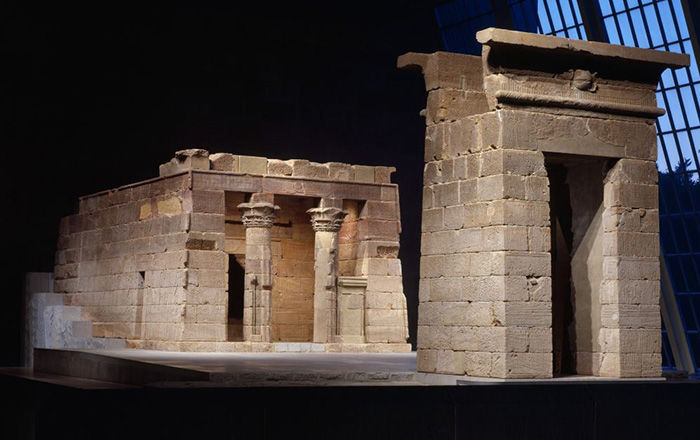Returned to lender The Met accepts temporary loans of art both for short-term exhibitions and for long-term display in its galleries.
The Dialogue of Ipuwer and the Lord of All
New Kingdom
Not on view
This object is not part of The Met collection. It was in the Museum for a special exhibition and has been returned to the lender.
This text belongs to a genre of "lamentation literature" that was first written down and perhaps even initiated during the Middle Kingdom. Possibly the shock that accompanied the collapse of the Old Kingdom and later misfortunes played a role in the formulation of such texts, but they do not describe any exact historical situation. The evocation of societal upheaval, crime, and suffering serves rather to instigate a reflective discourse on evil in a world established by the creator god. In this context, the pharaoh does not control the chaos but suffers under it with the rest of humanity.
And look, things are done that never happened before,
. . . the king begins to be removed by wretches . . .
. . . the councilors of the land are driven away through the land . . .
. . . officials are in the Workhouse . . .
. . . she who had no box is the owner of a trunk;
. . . she who looked at her face in the water is the owner of a mirror.
. . . There is no Pilot . . . where is he today?
[and Ipuwer asks the king:]
So you have done what seems perfect to their hearts and made people live by this?
But they still cover their faces for fear of the next morning!
[even the innocent is suffering . . .]
(translation: Richard B. Parkinson, in The Tale of Sinuhe and Other Ancient Egyptian Poems [Oxford: Clarendon Press, 1999], pp. 178–80, 190)
Due to rights restrictions, this image cannot be enlarged, viewed at full screen, or downloaded.

